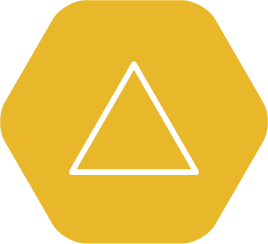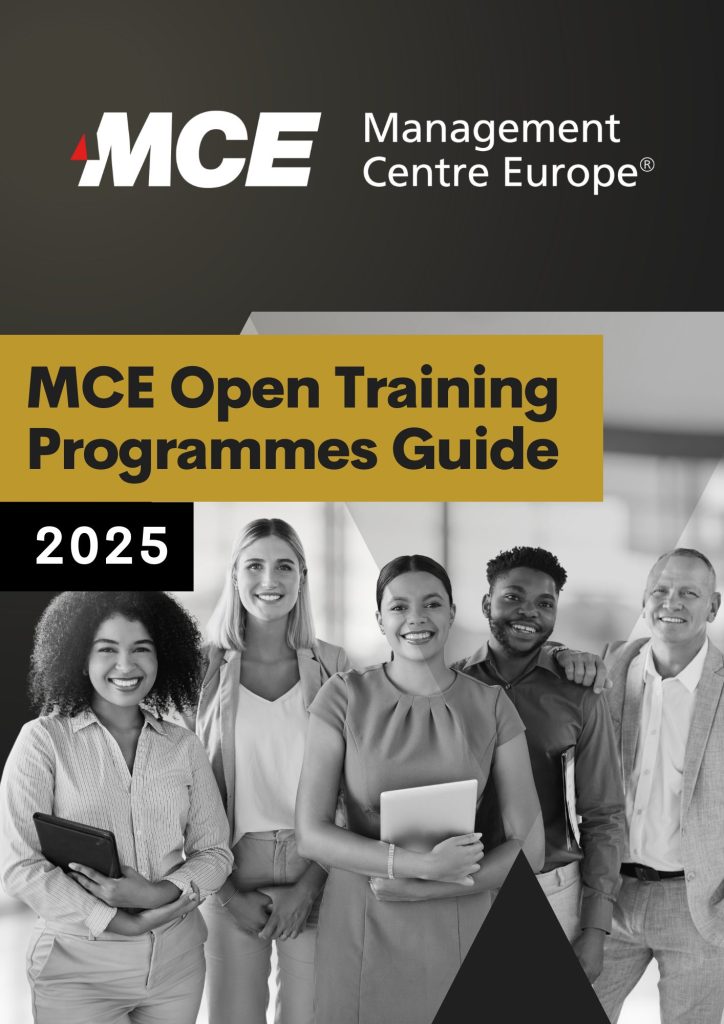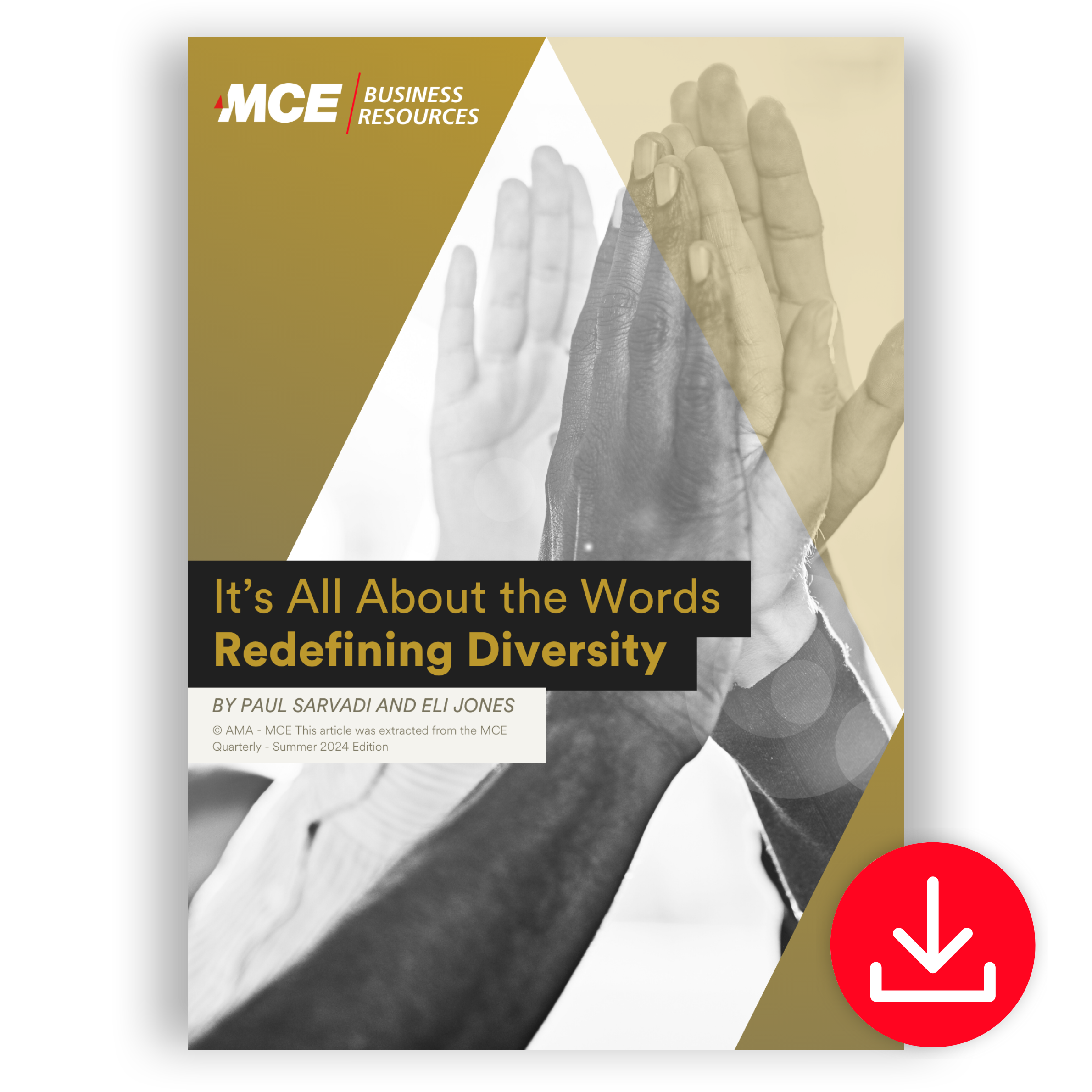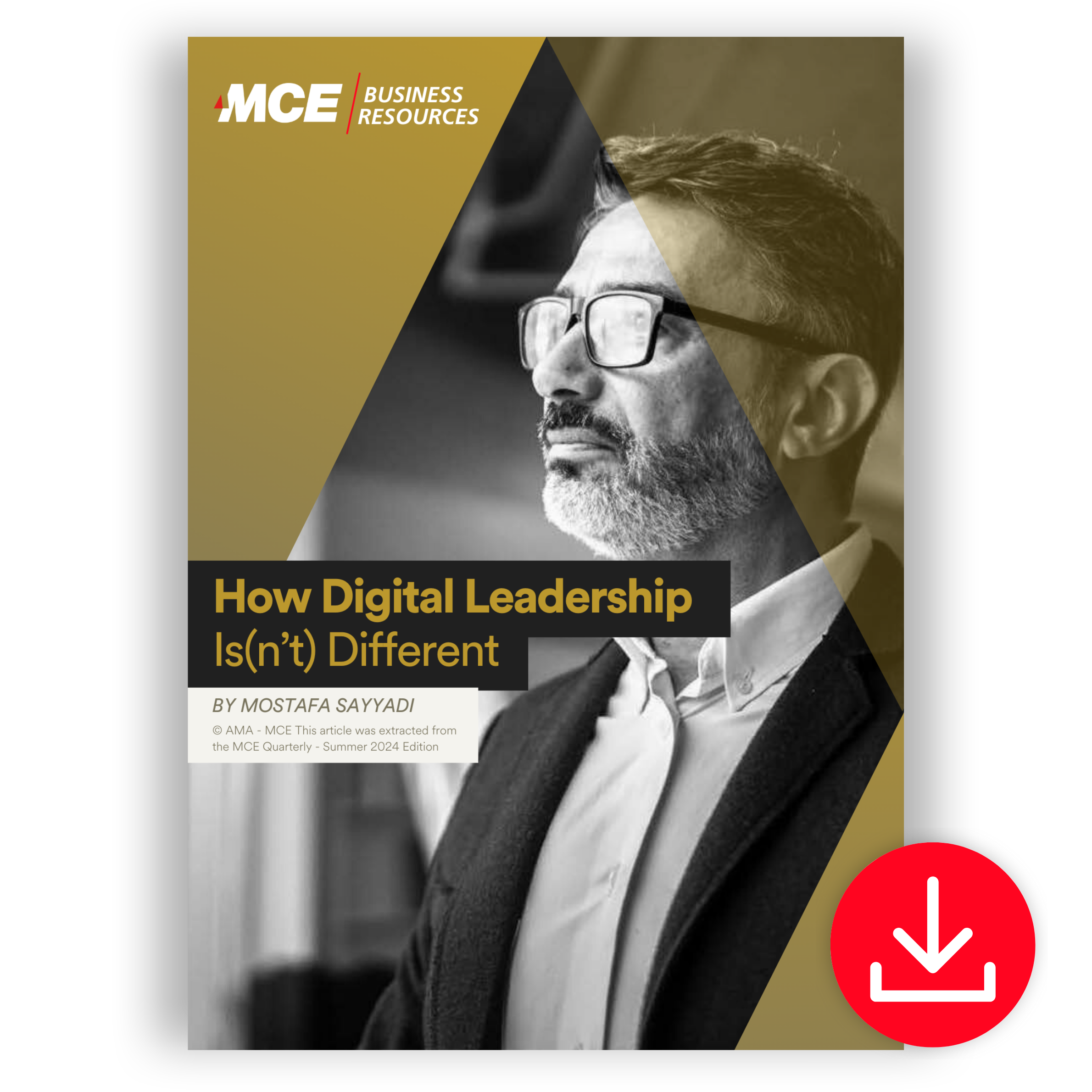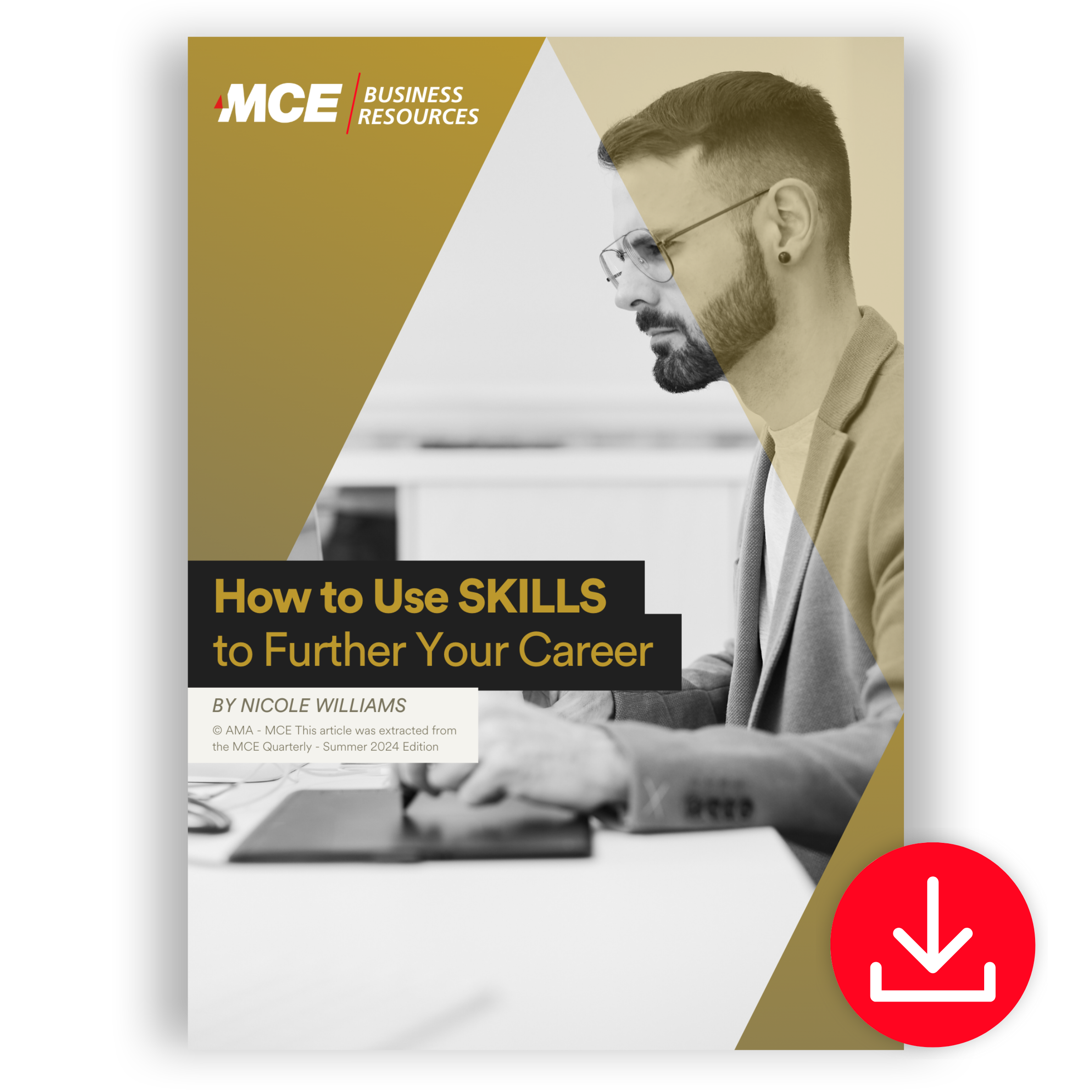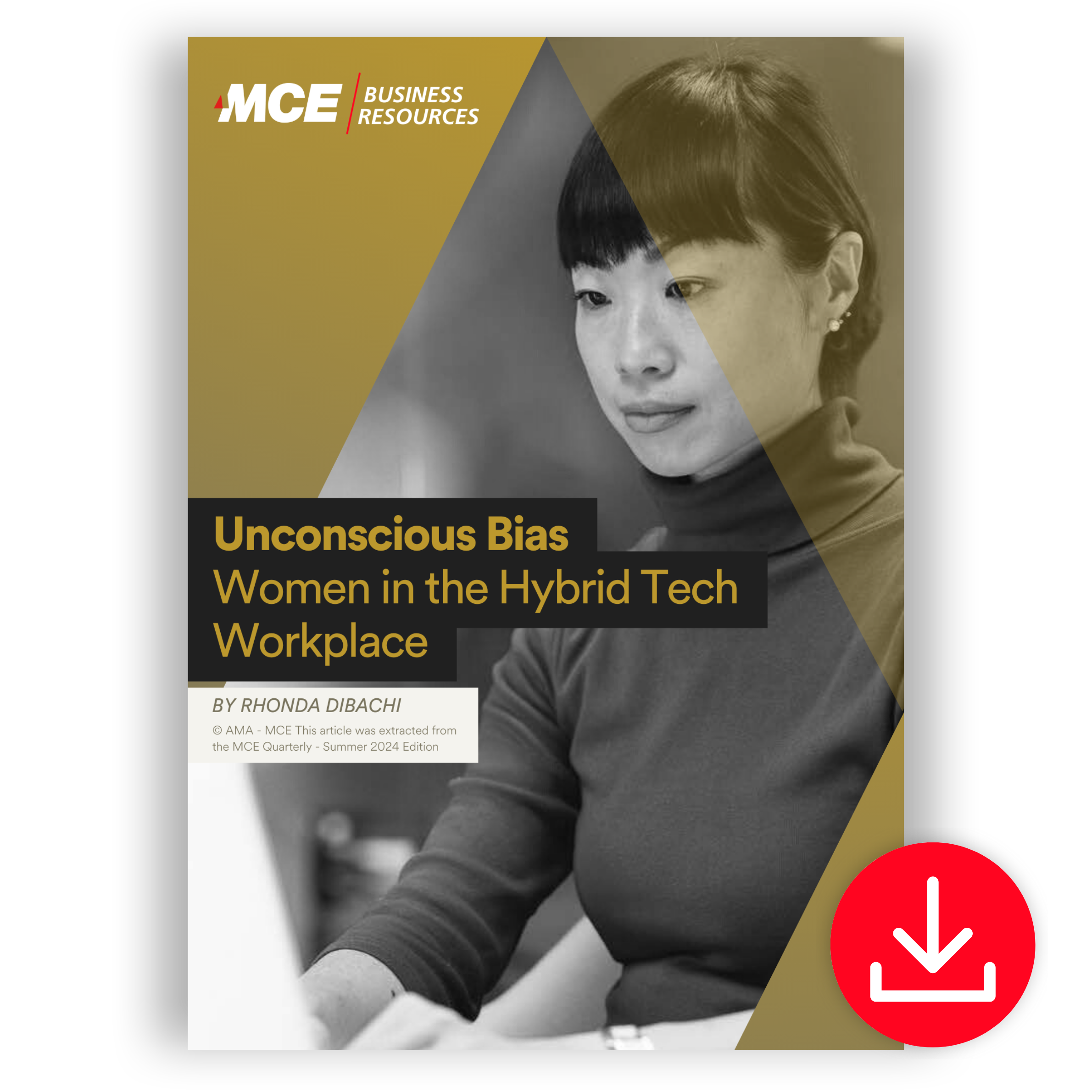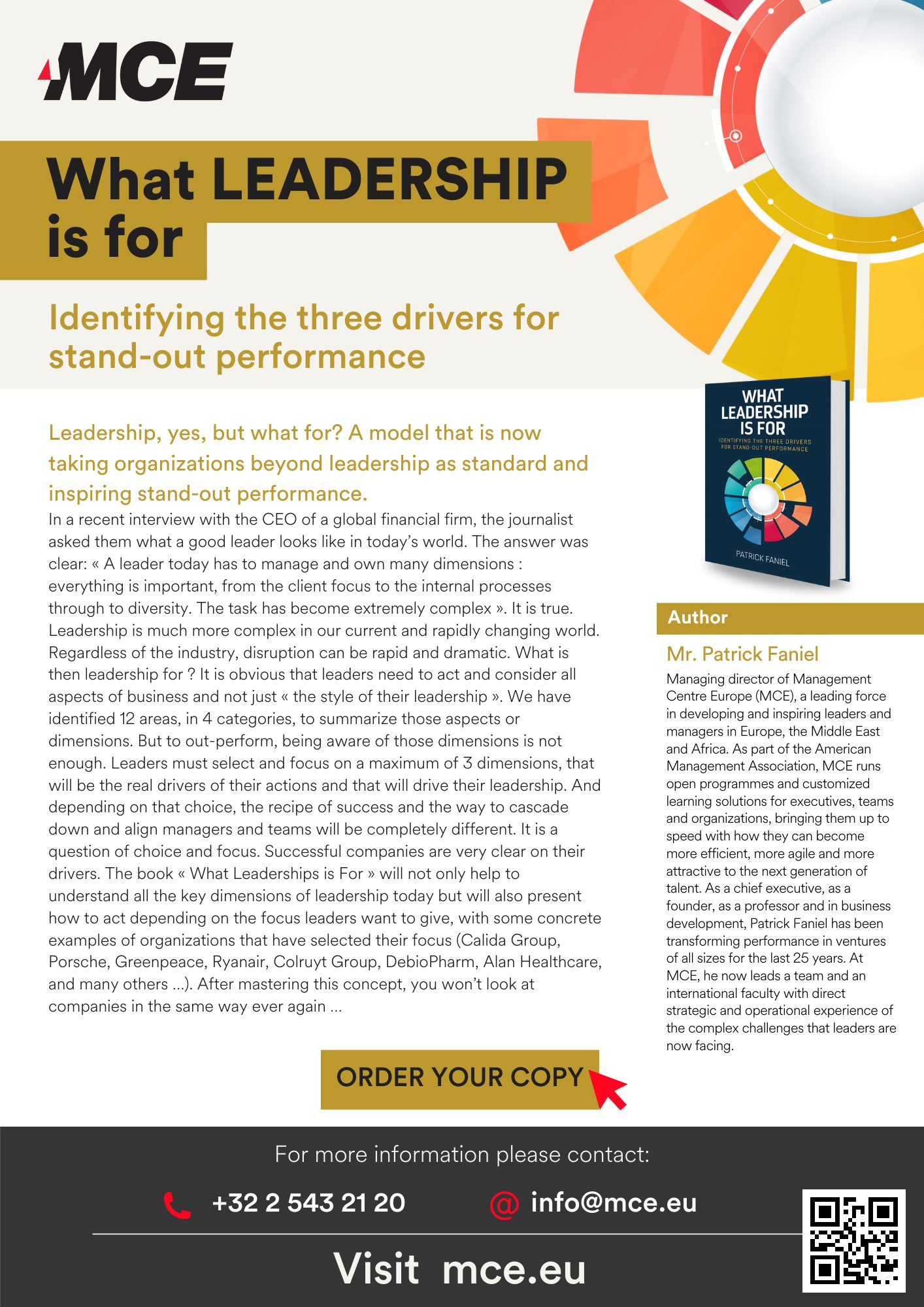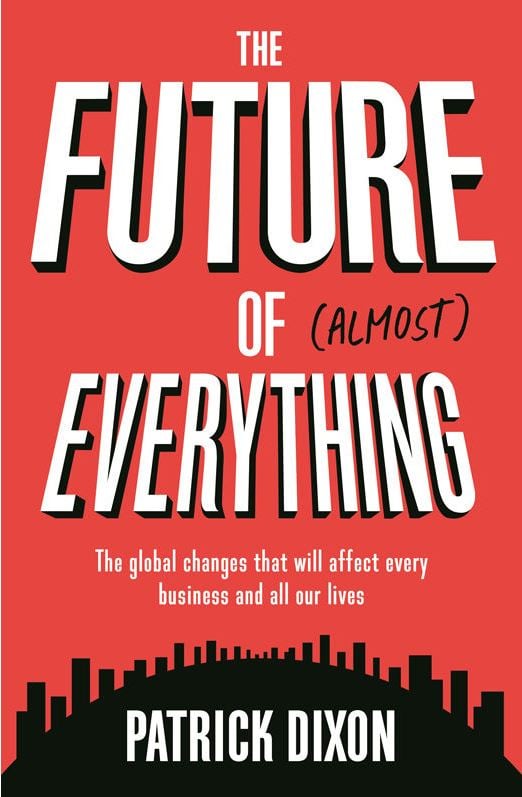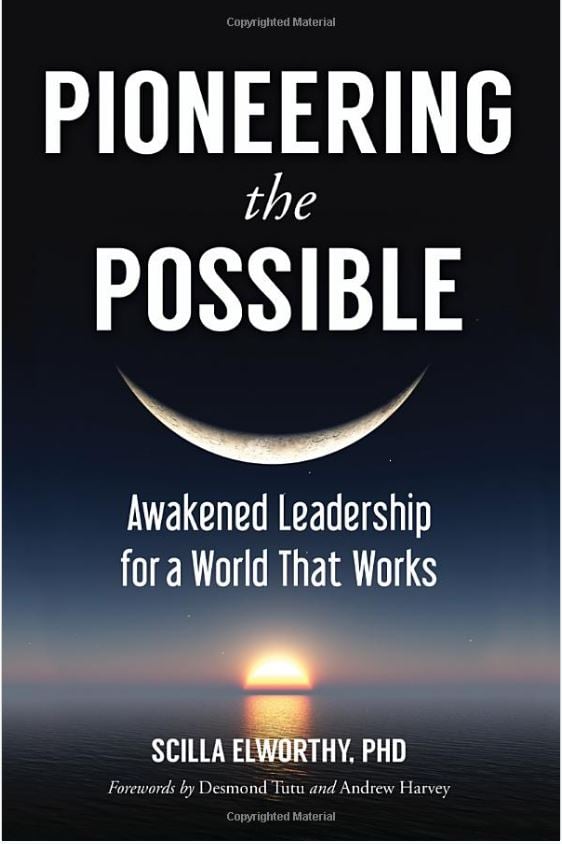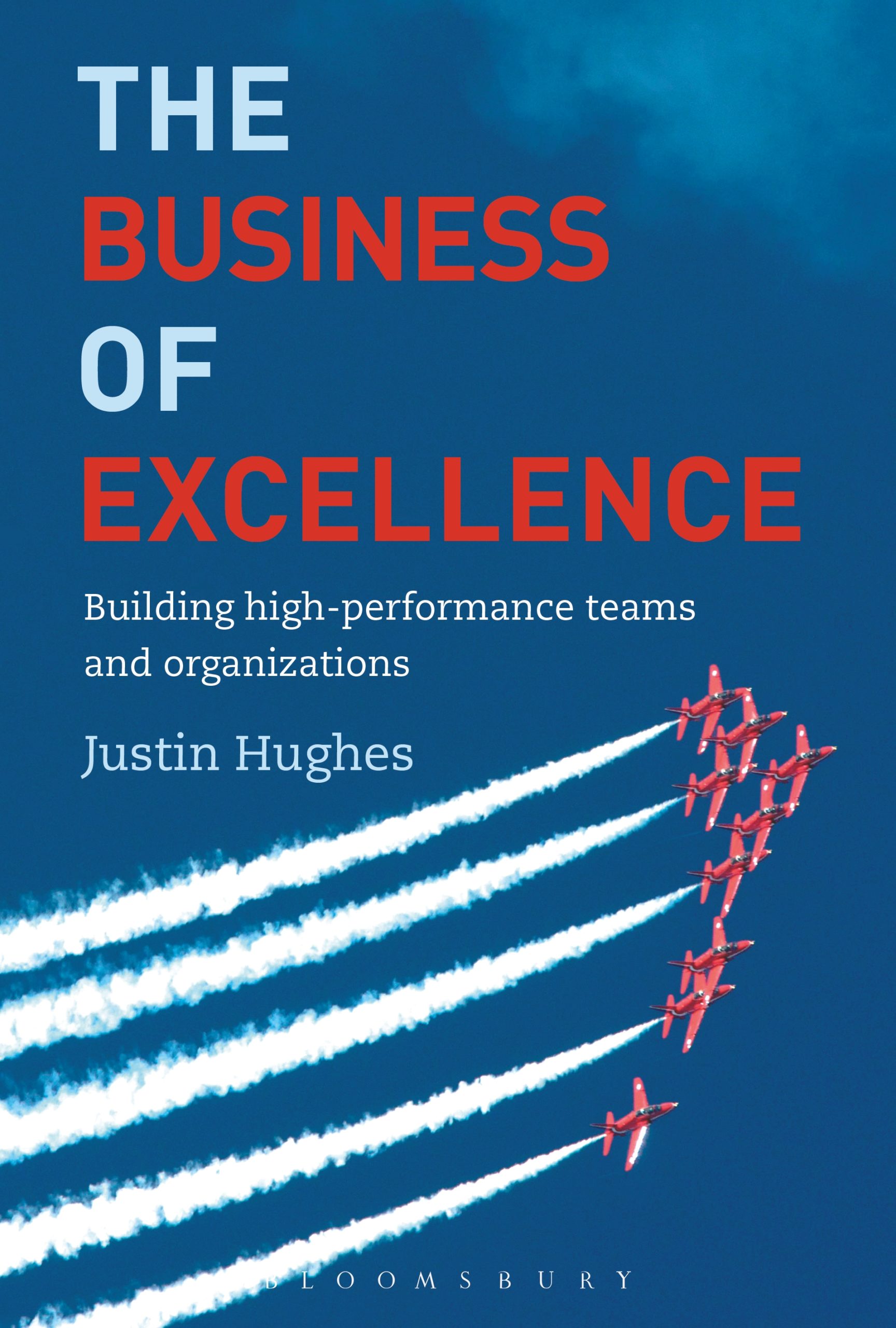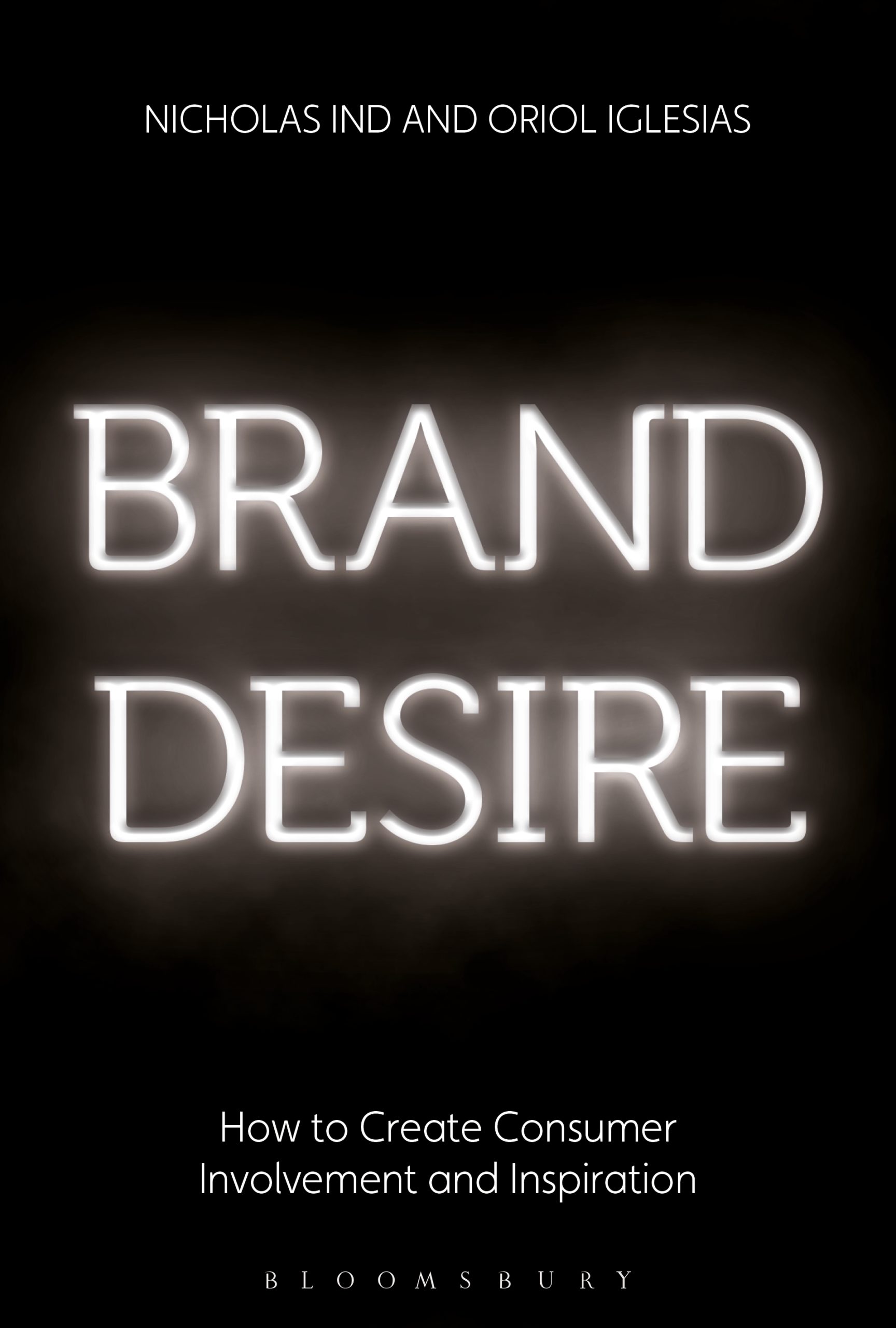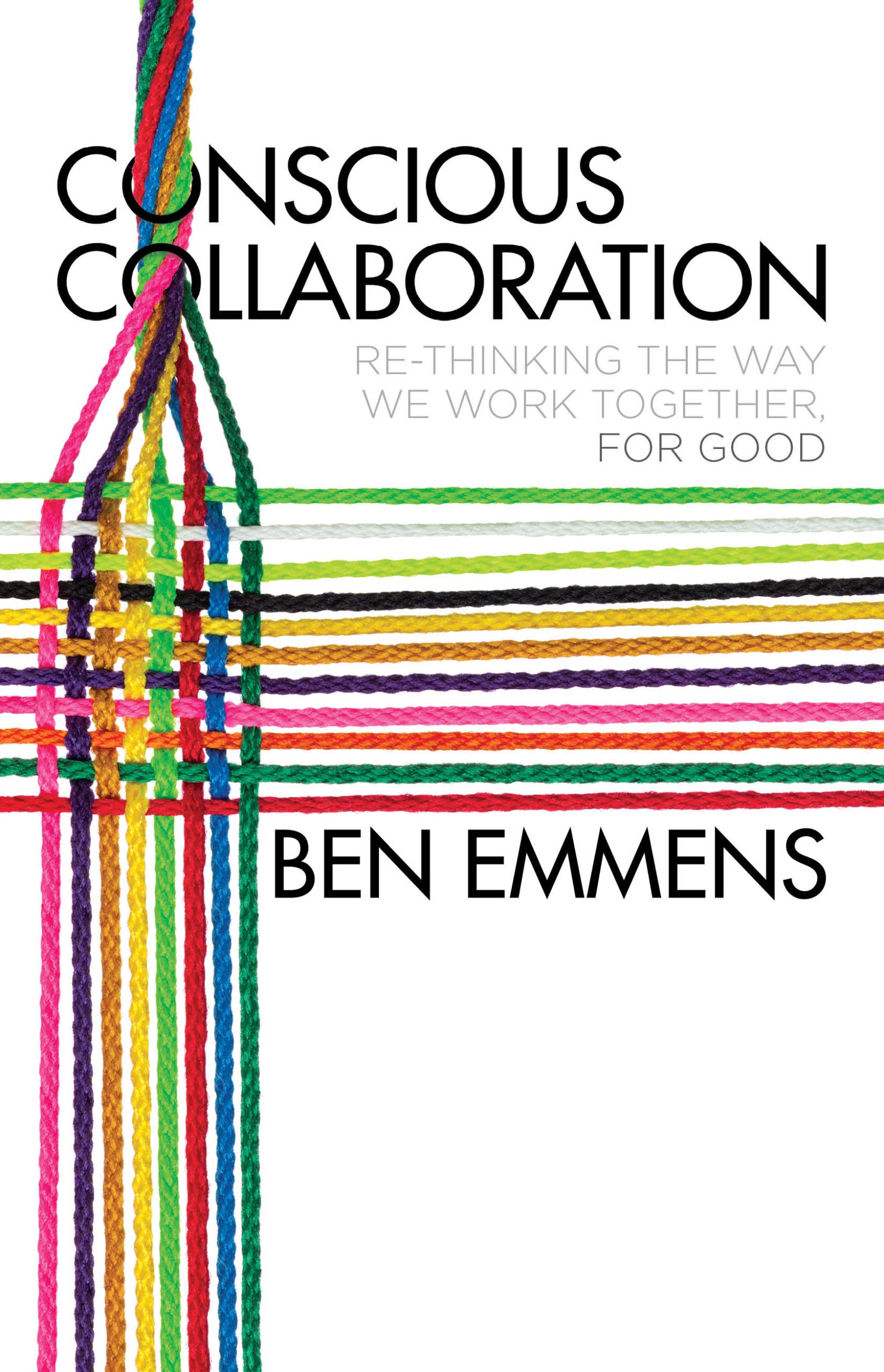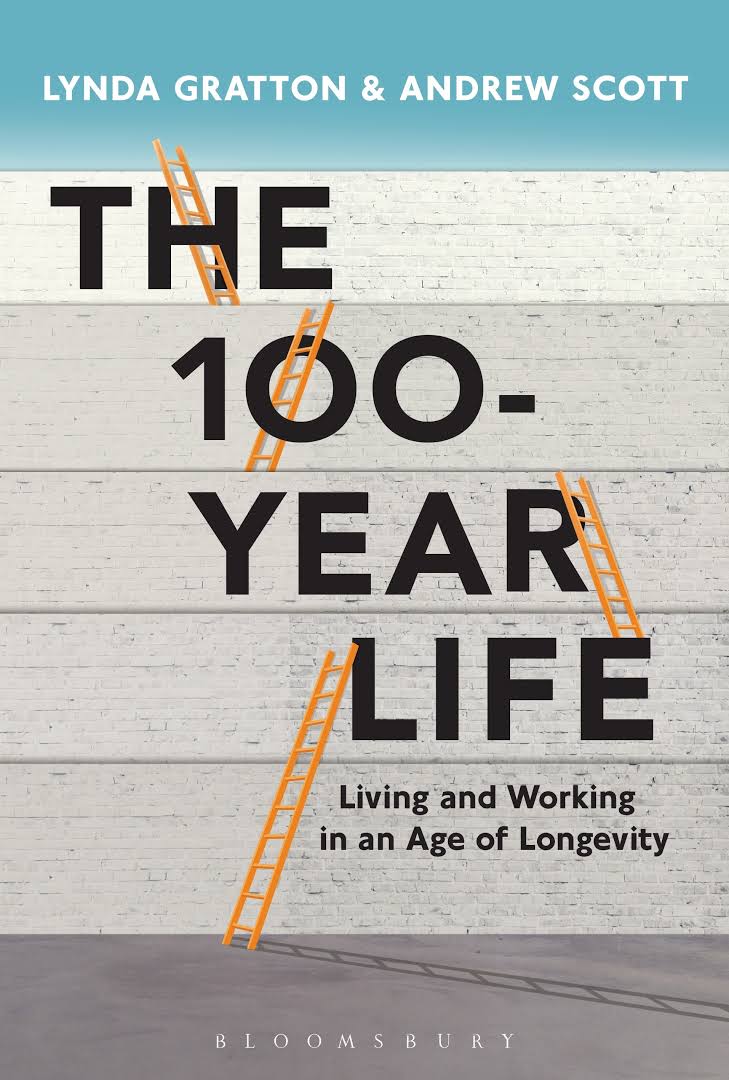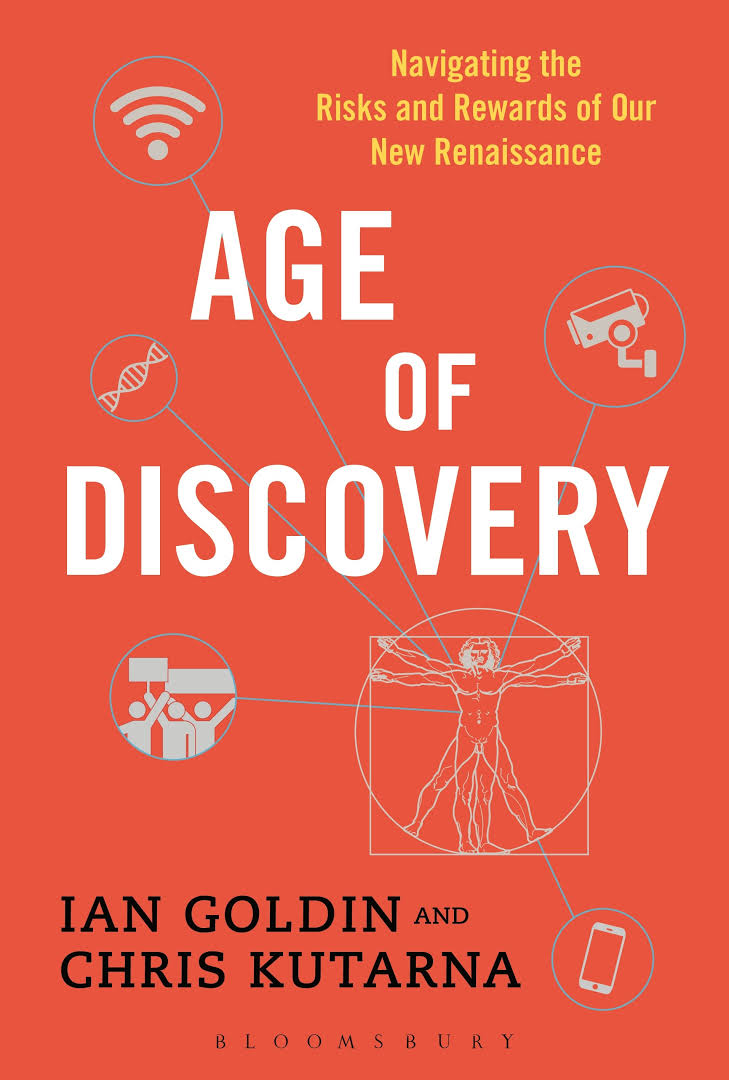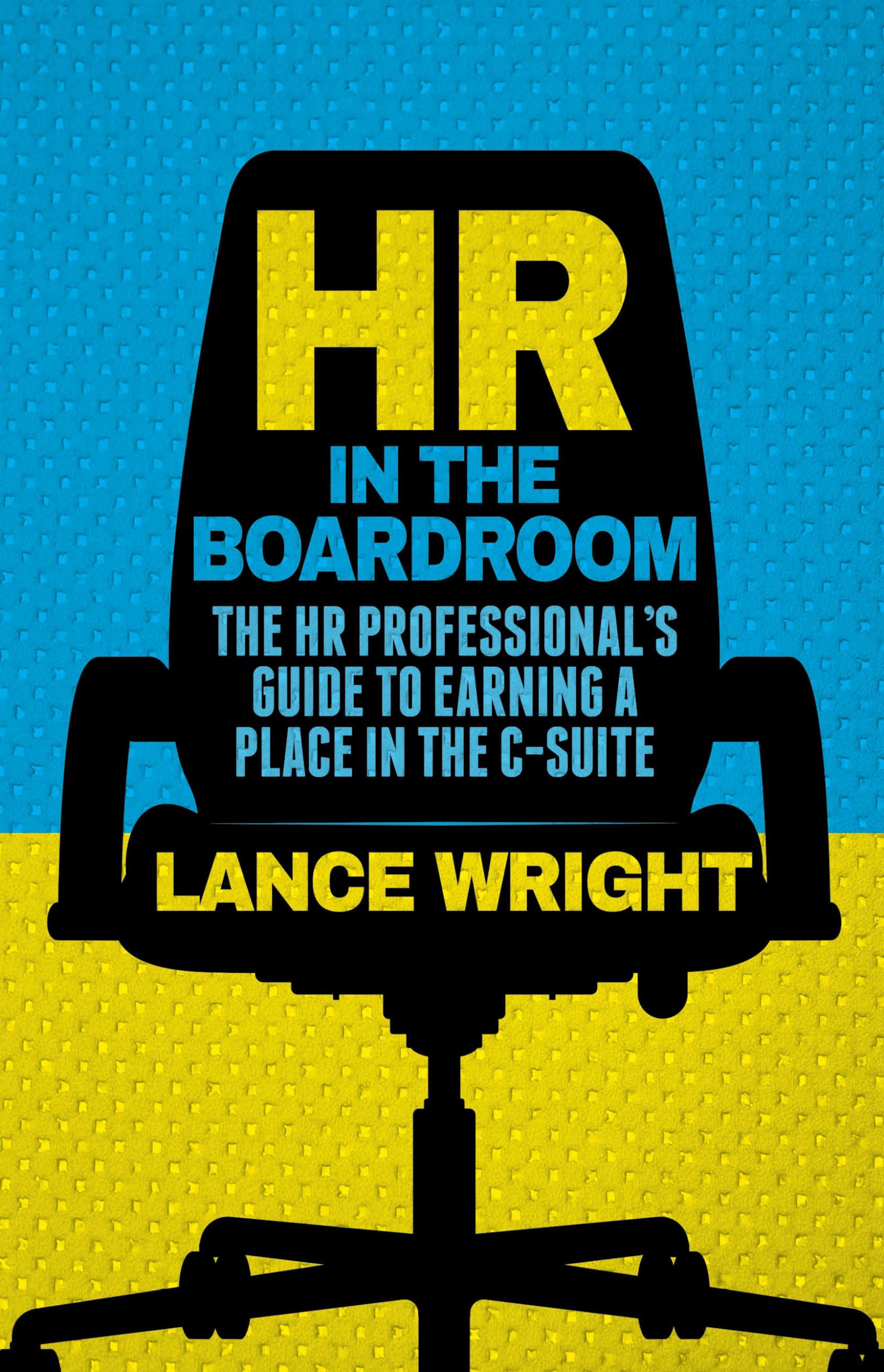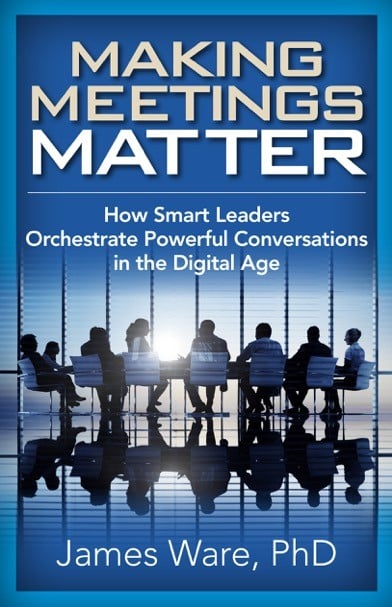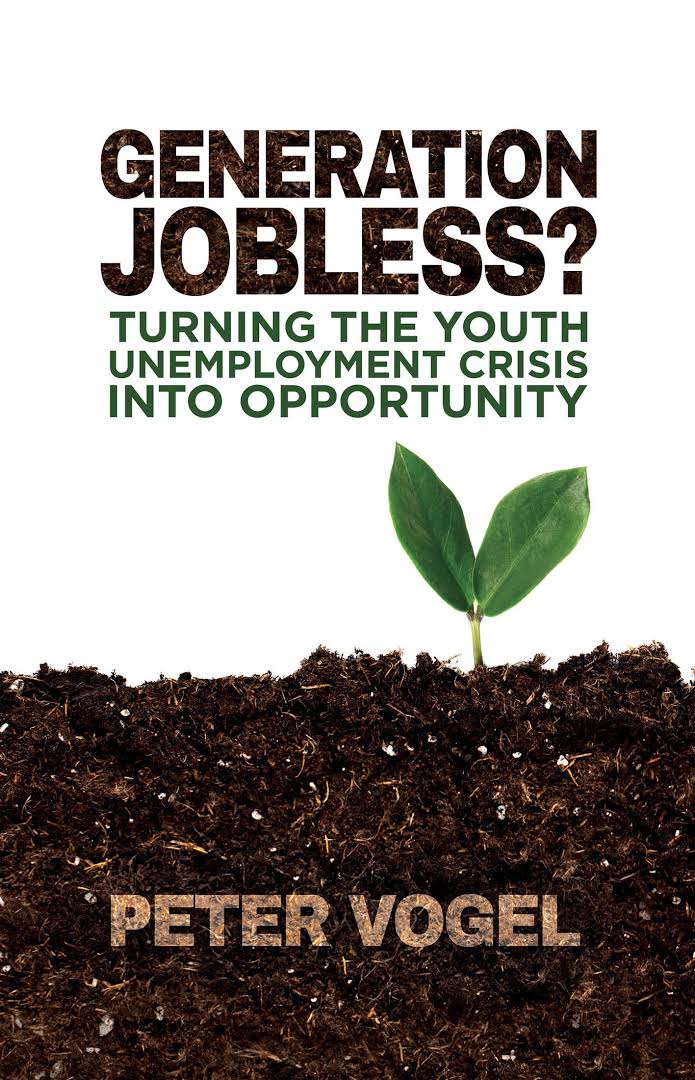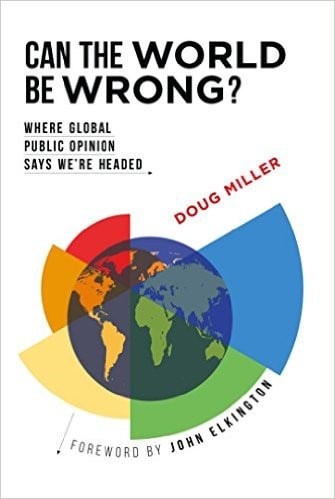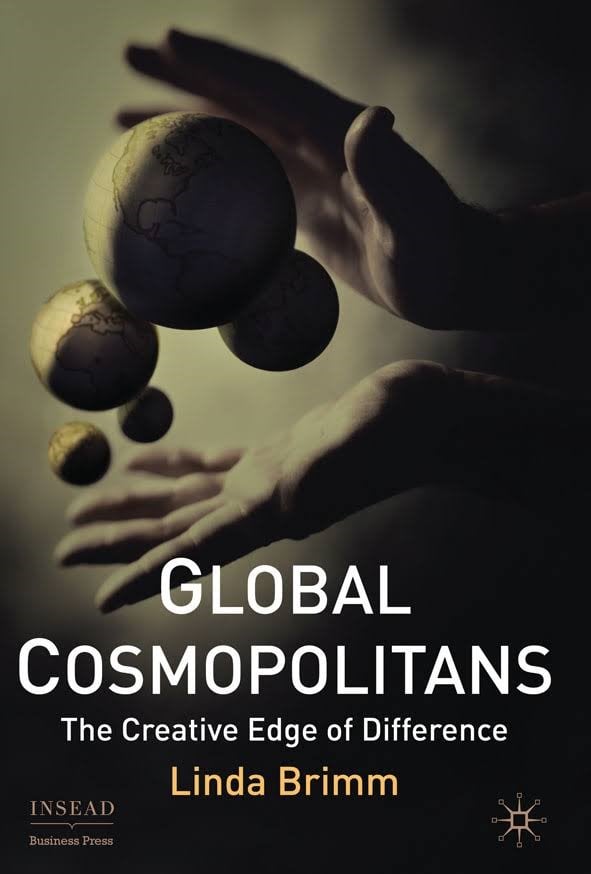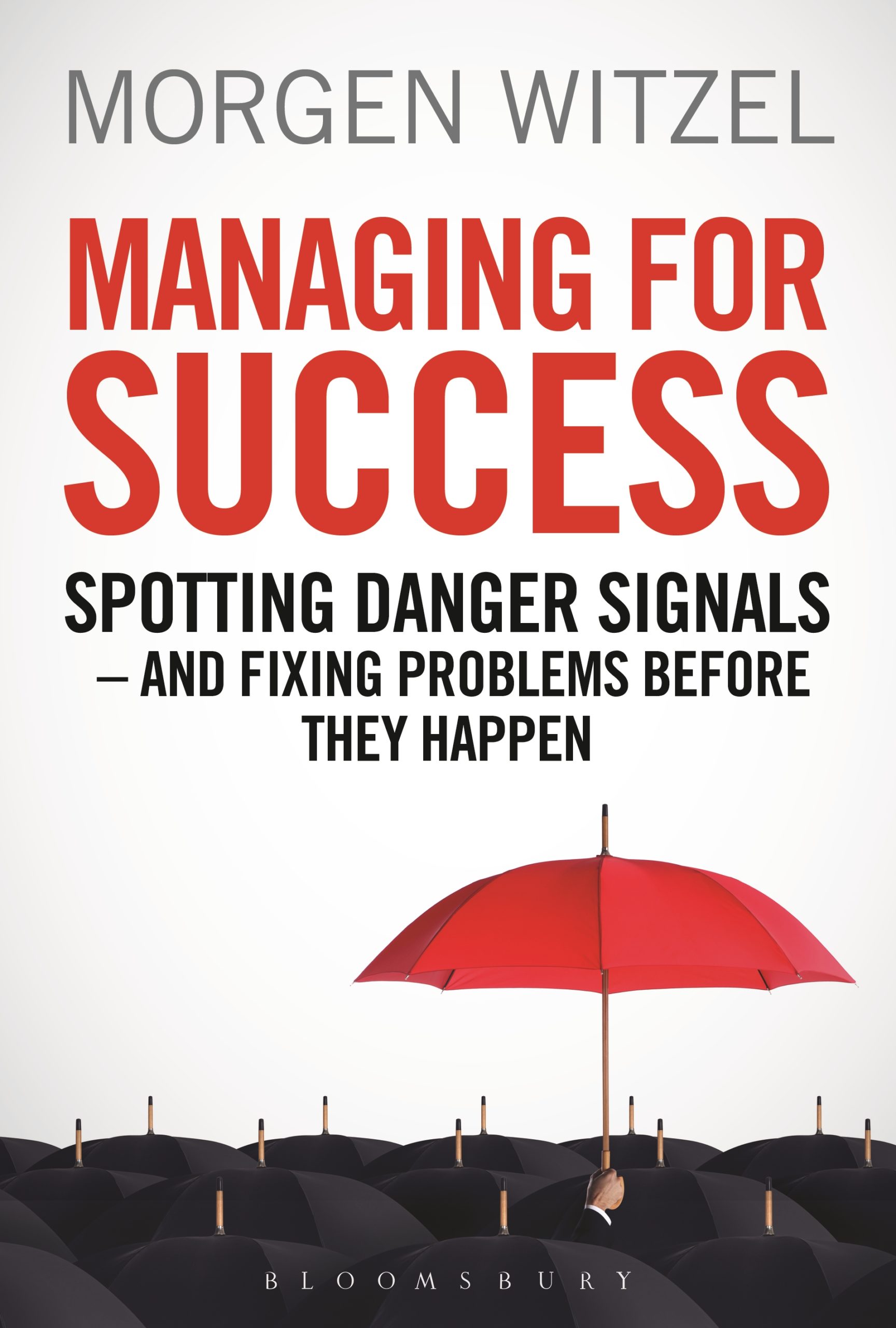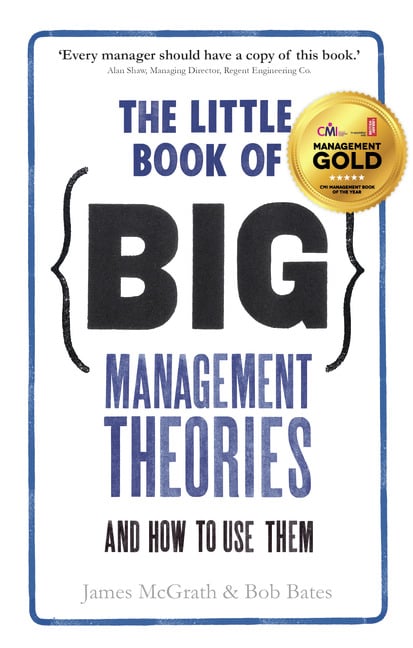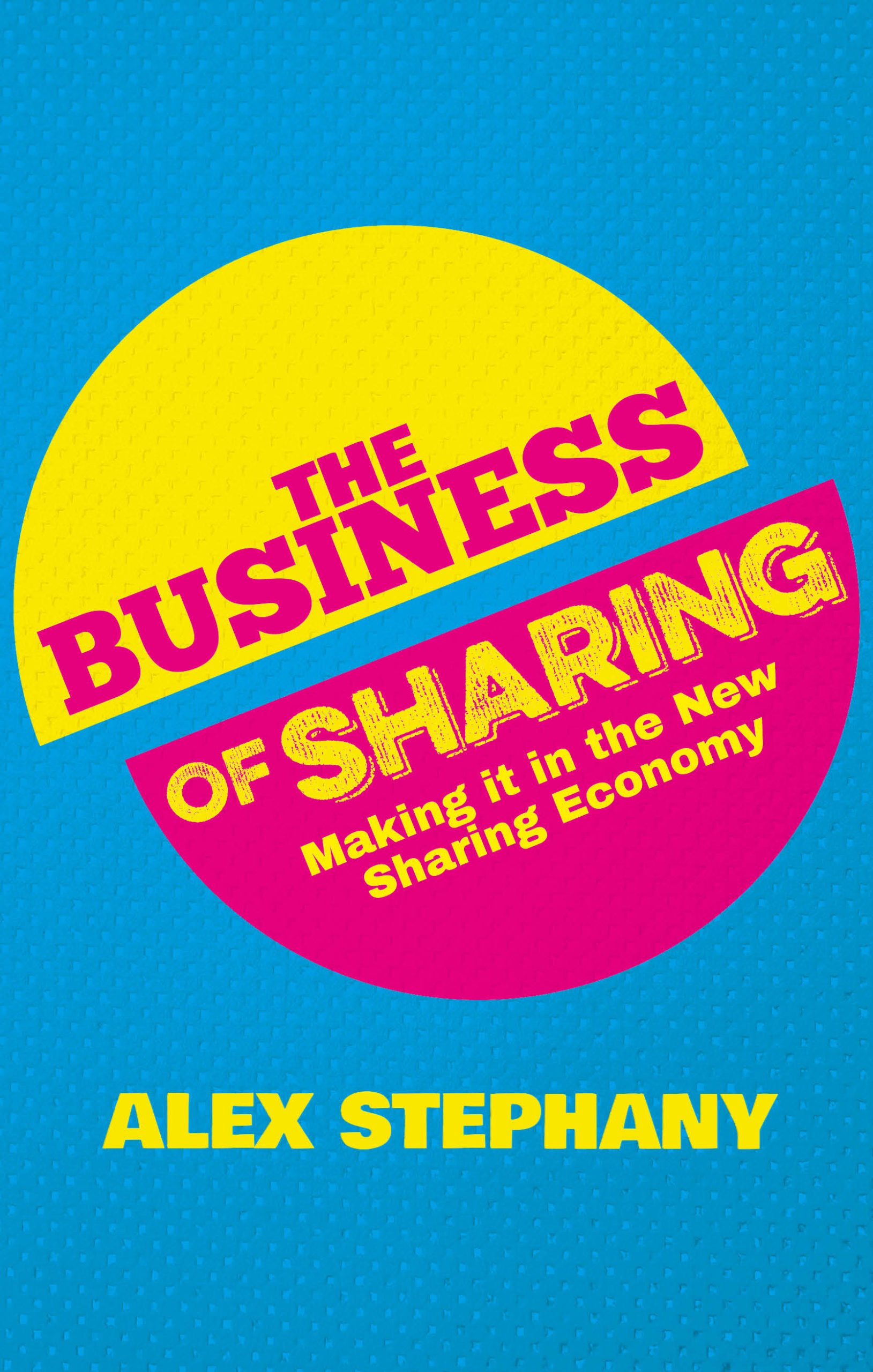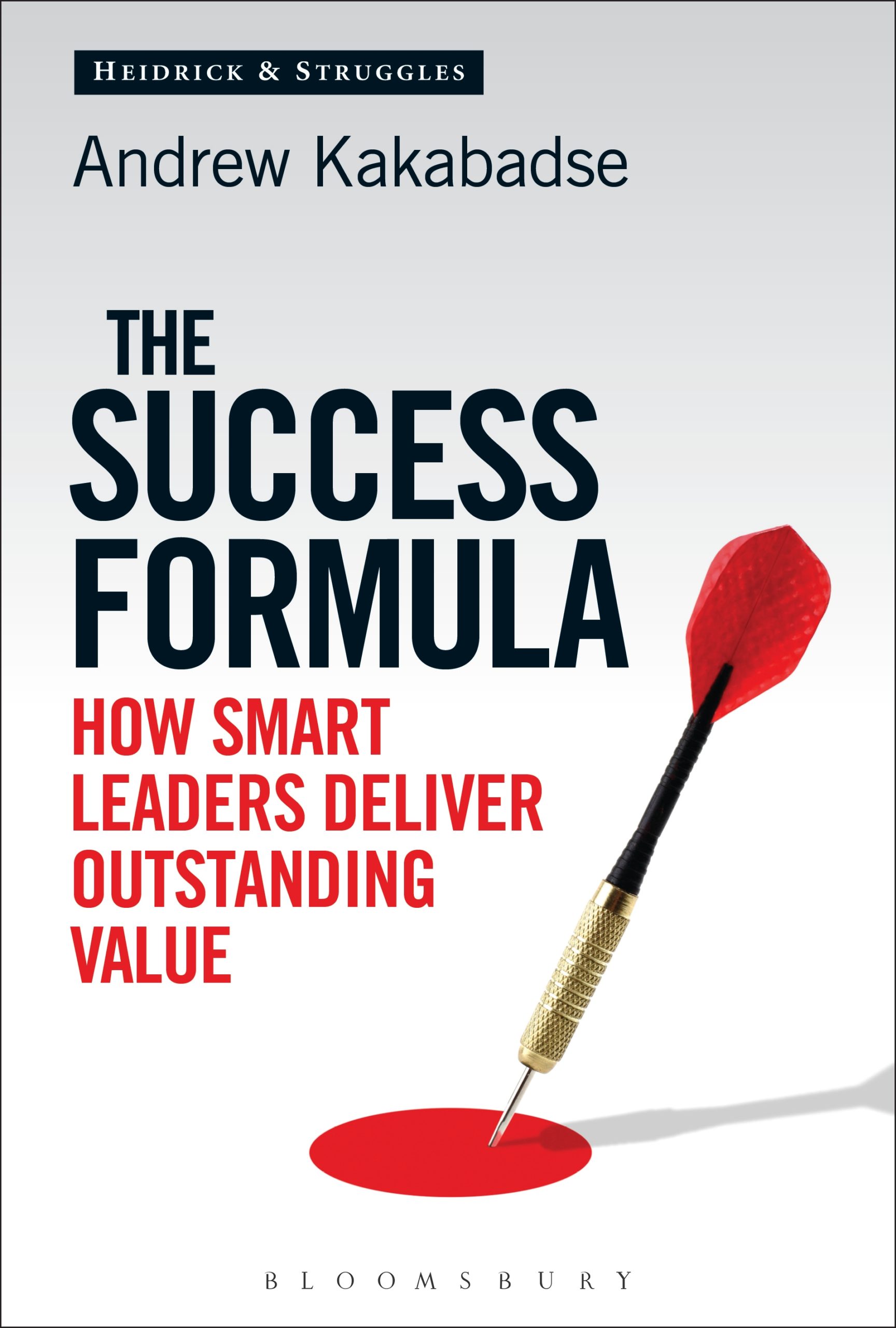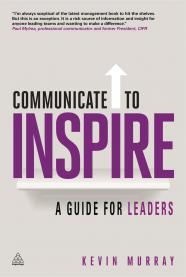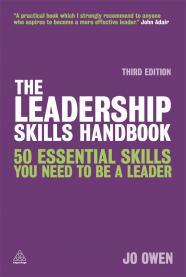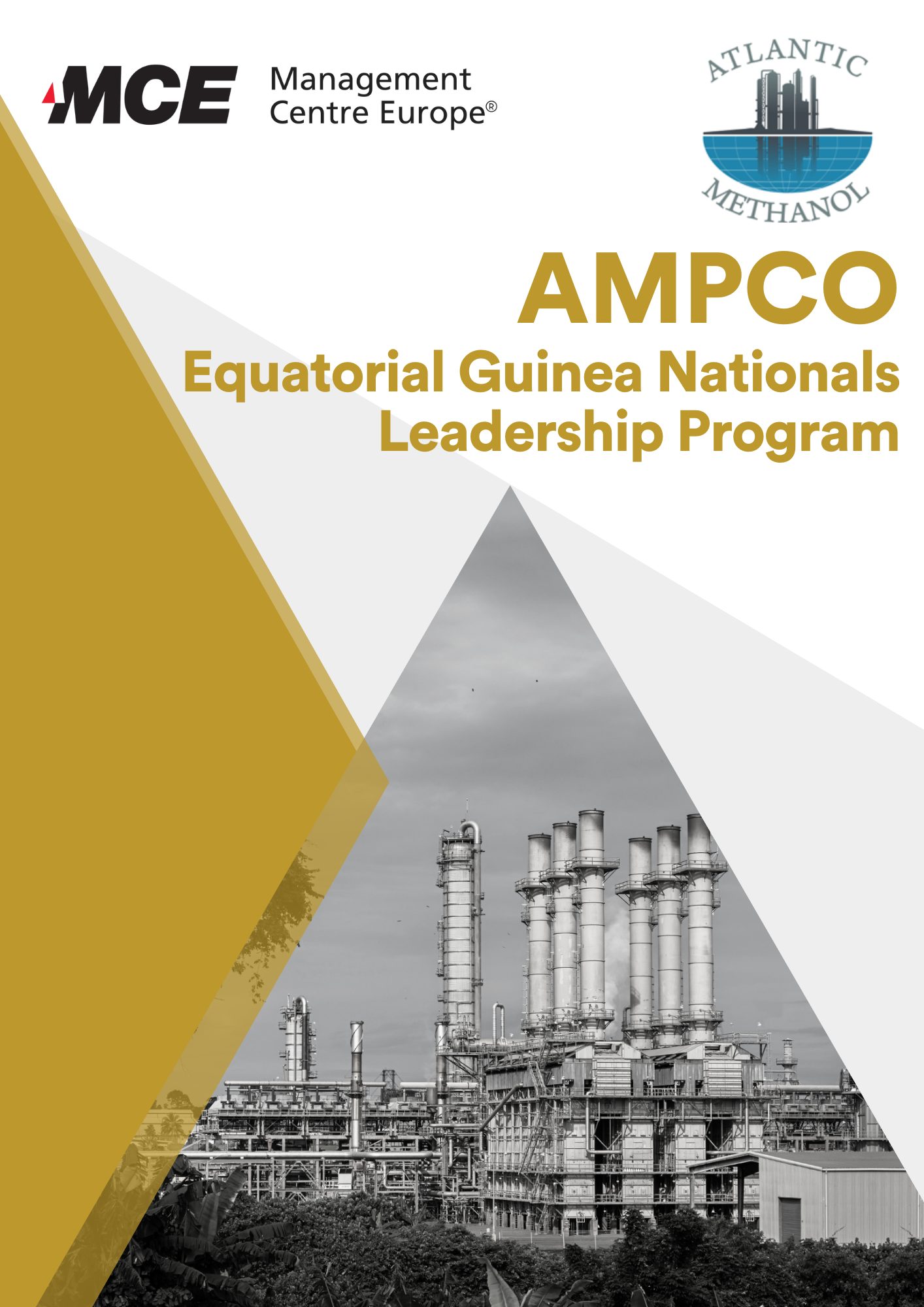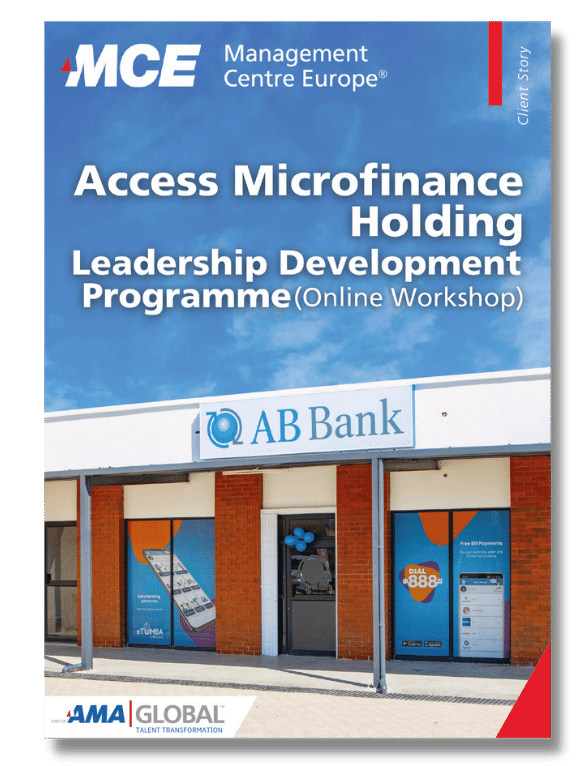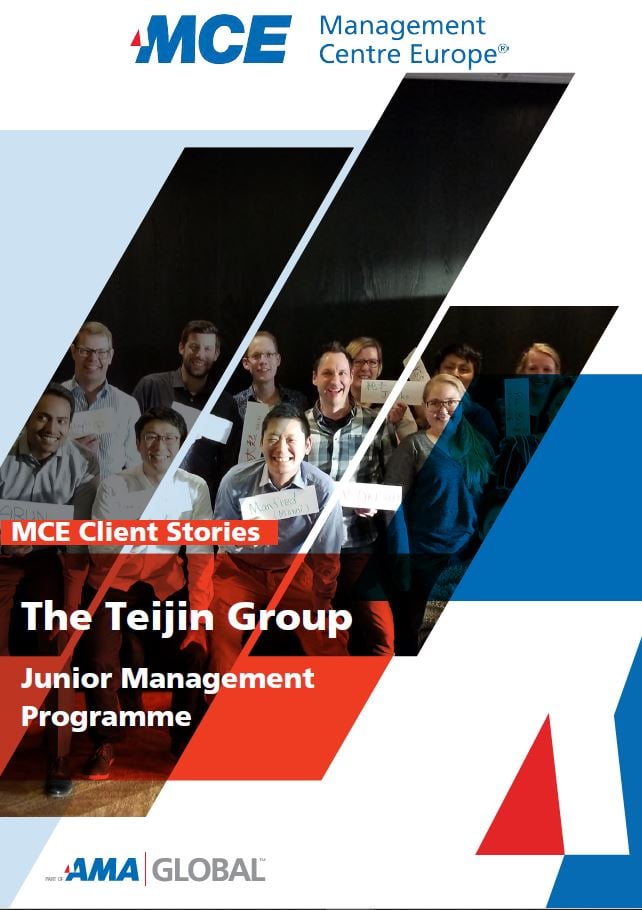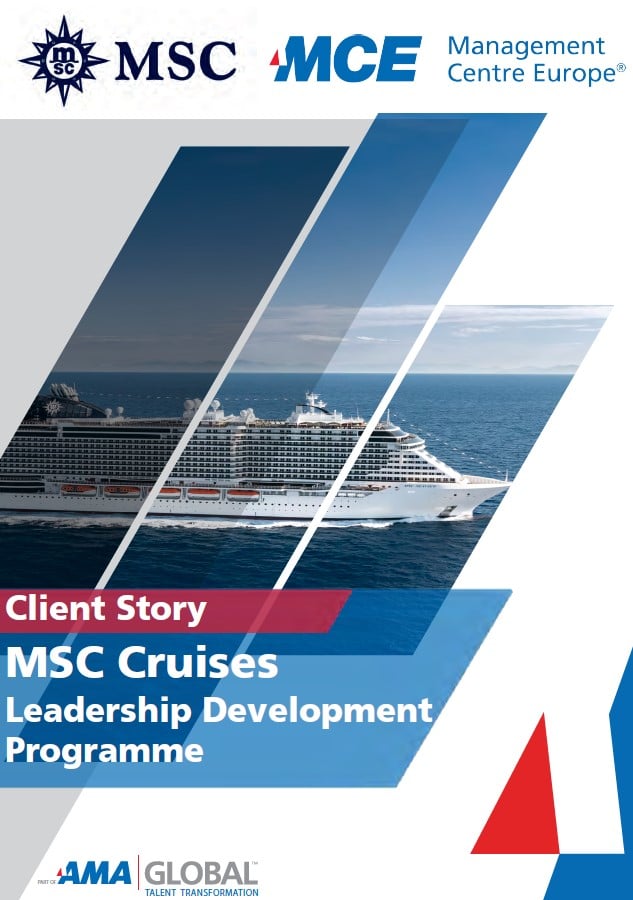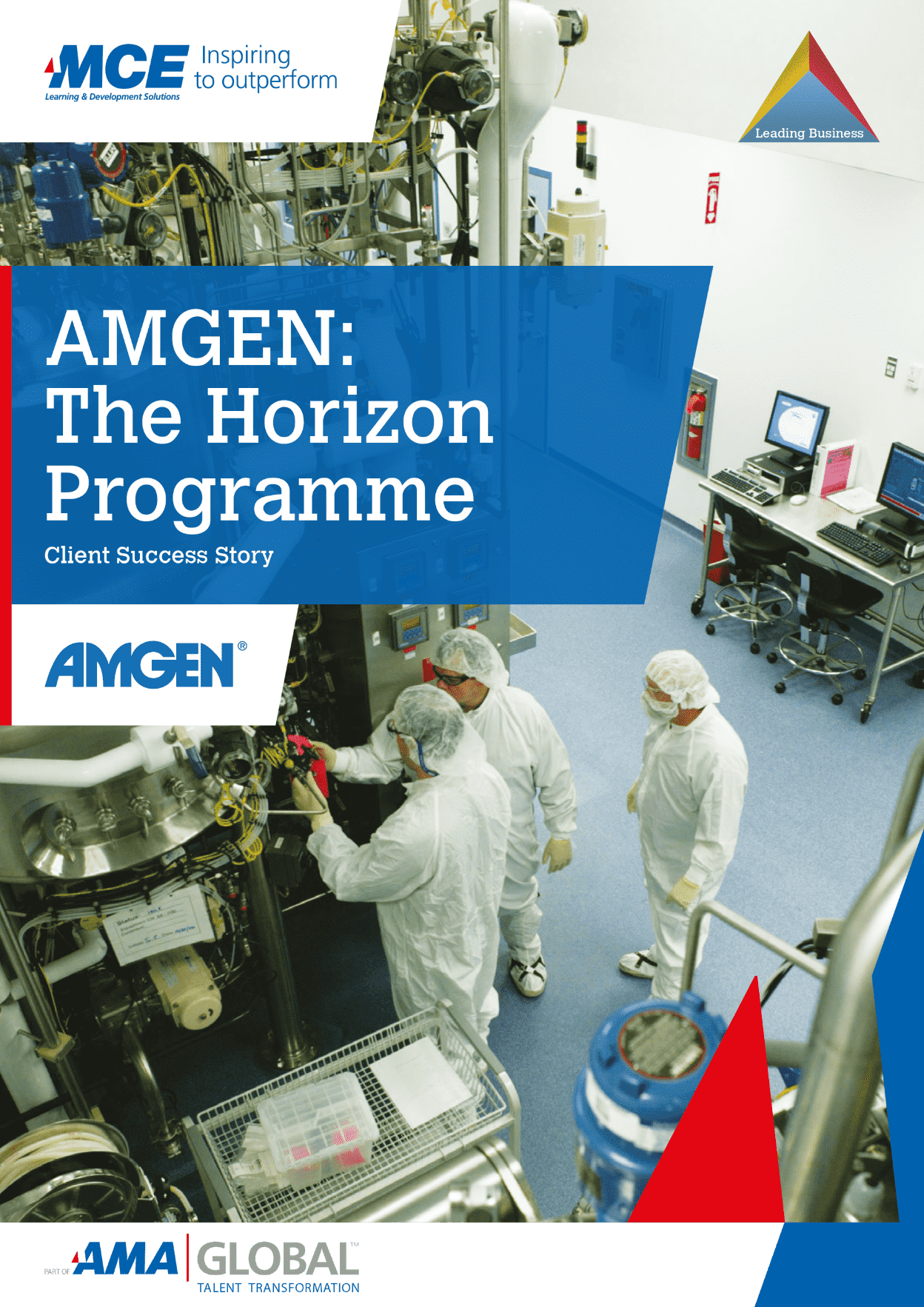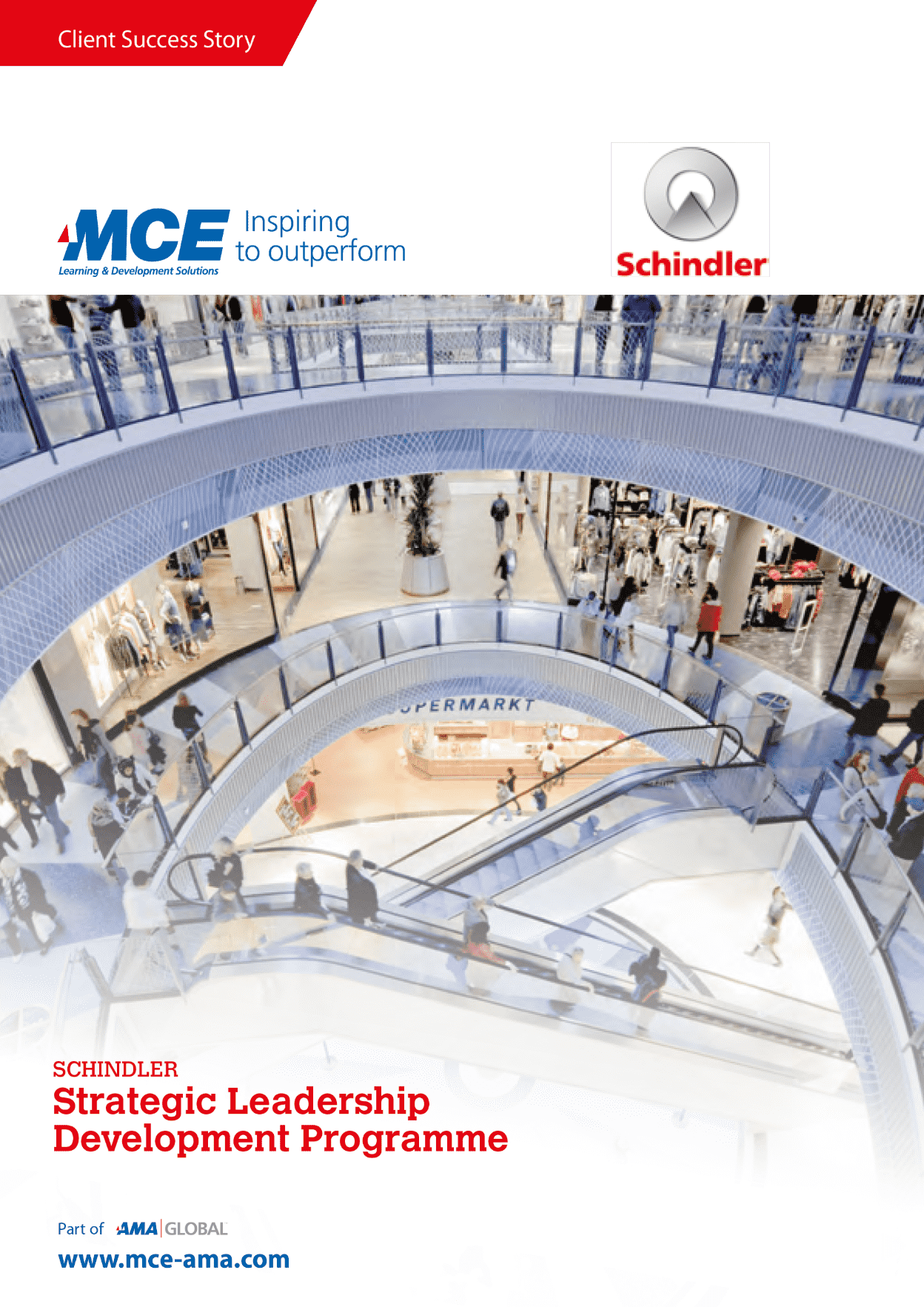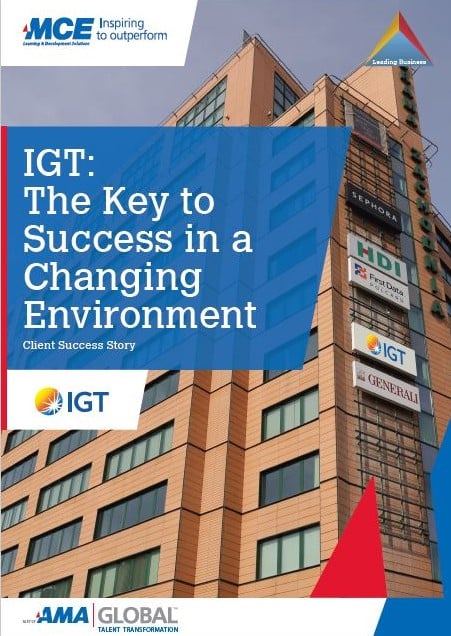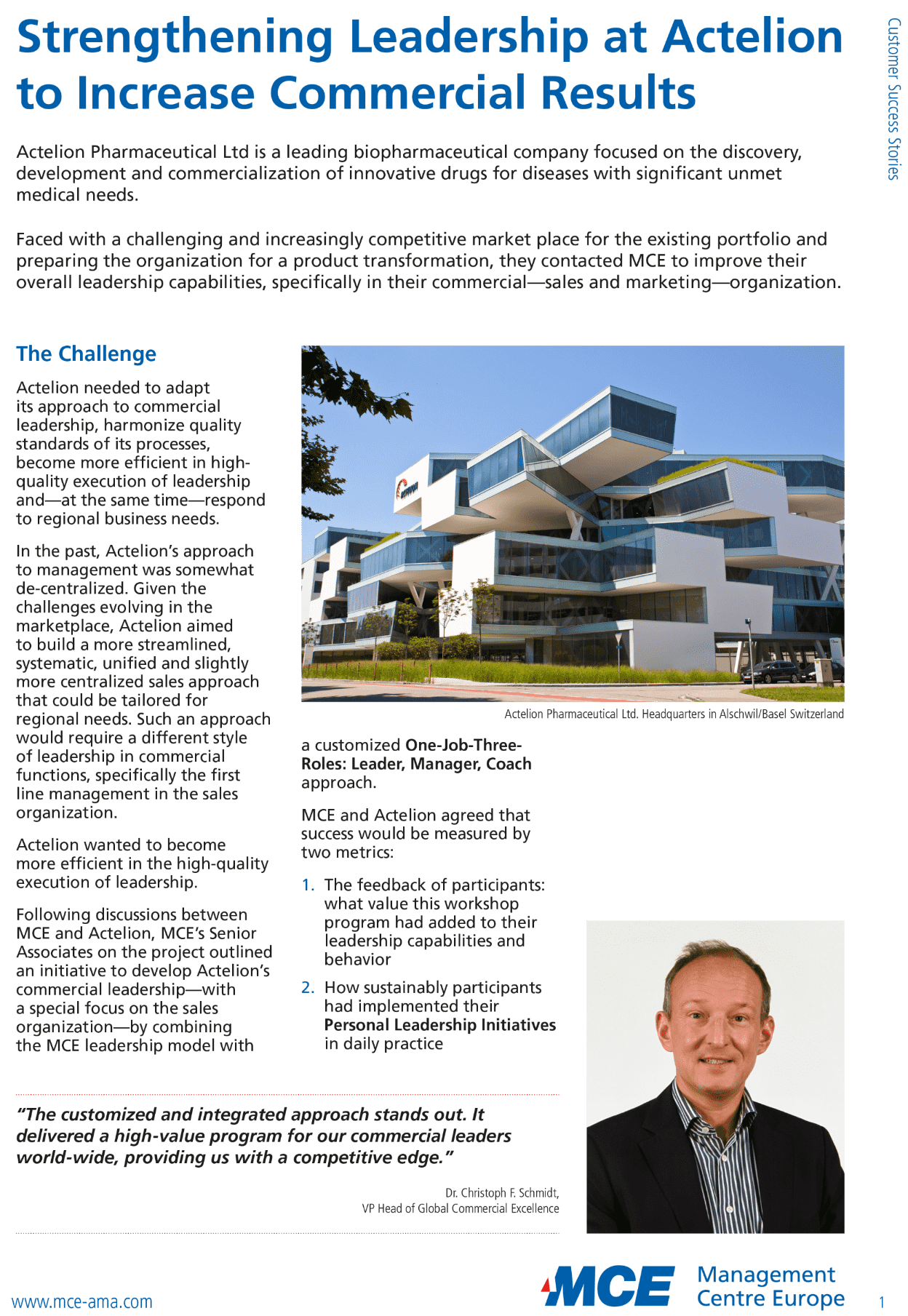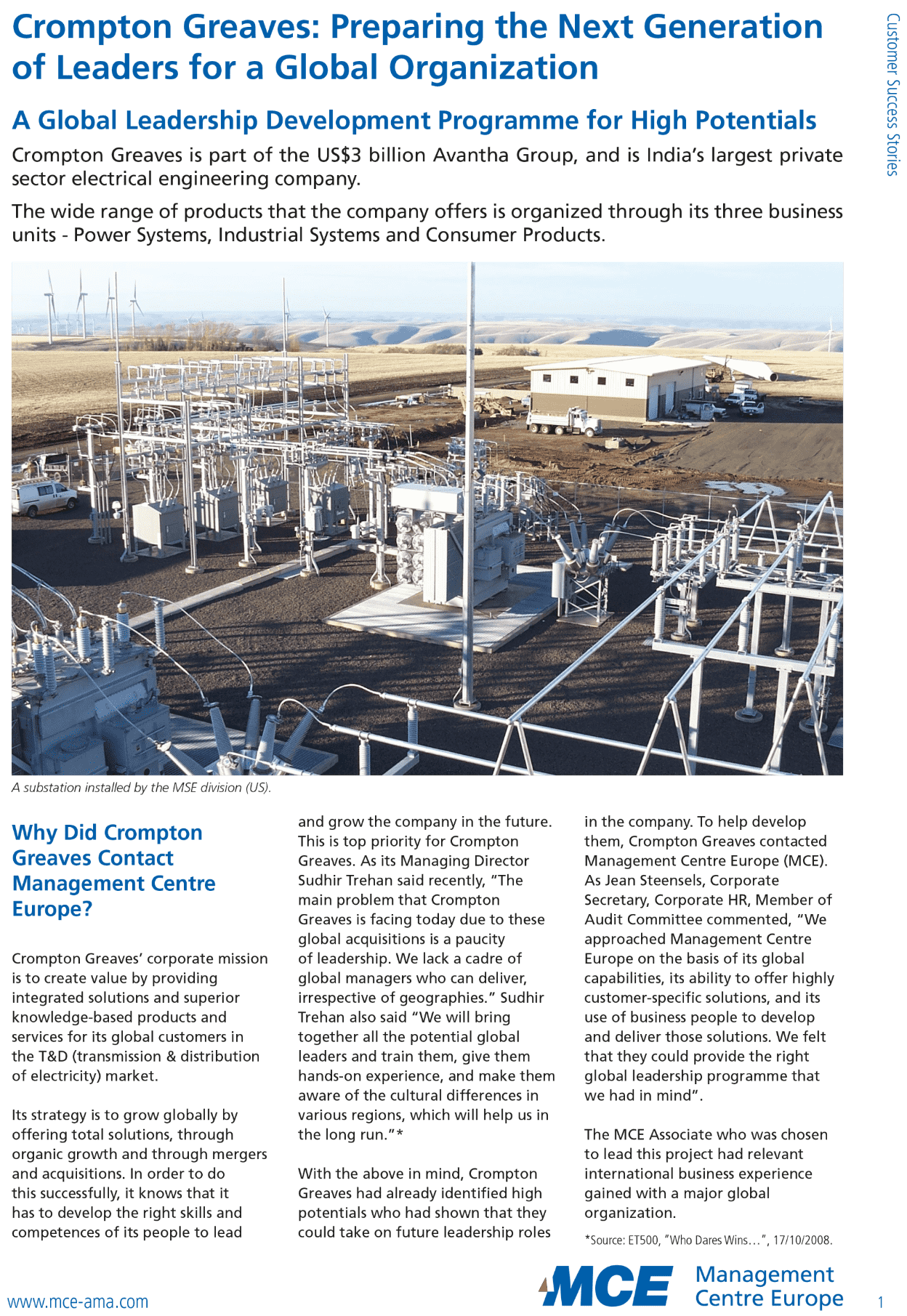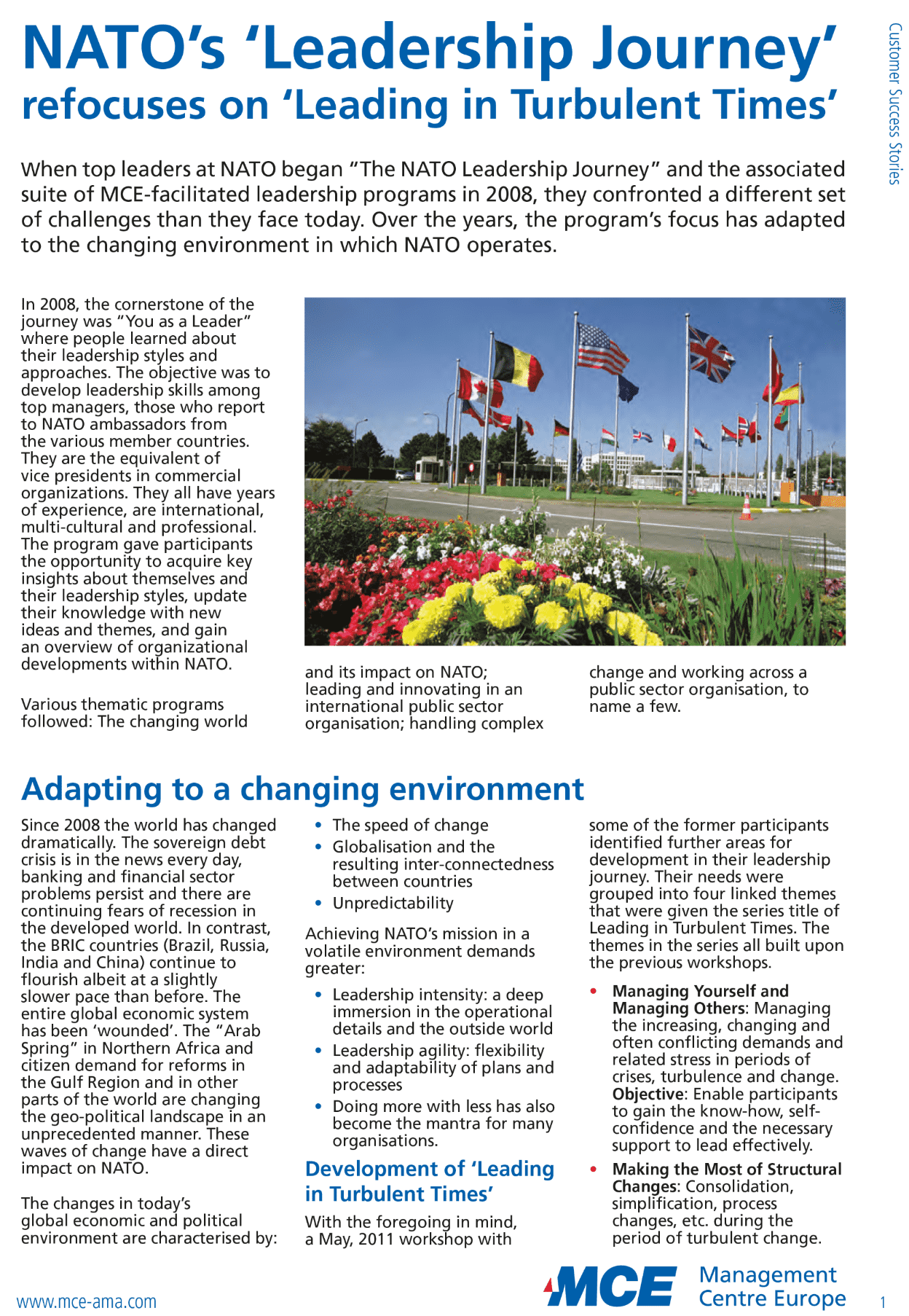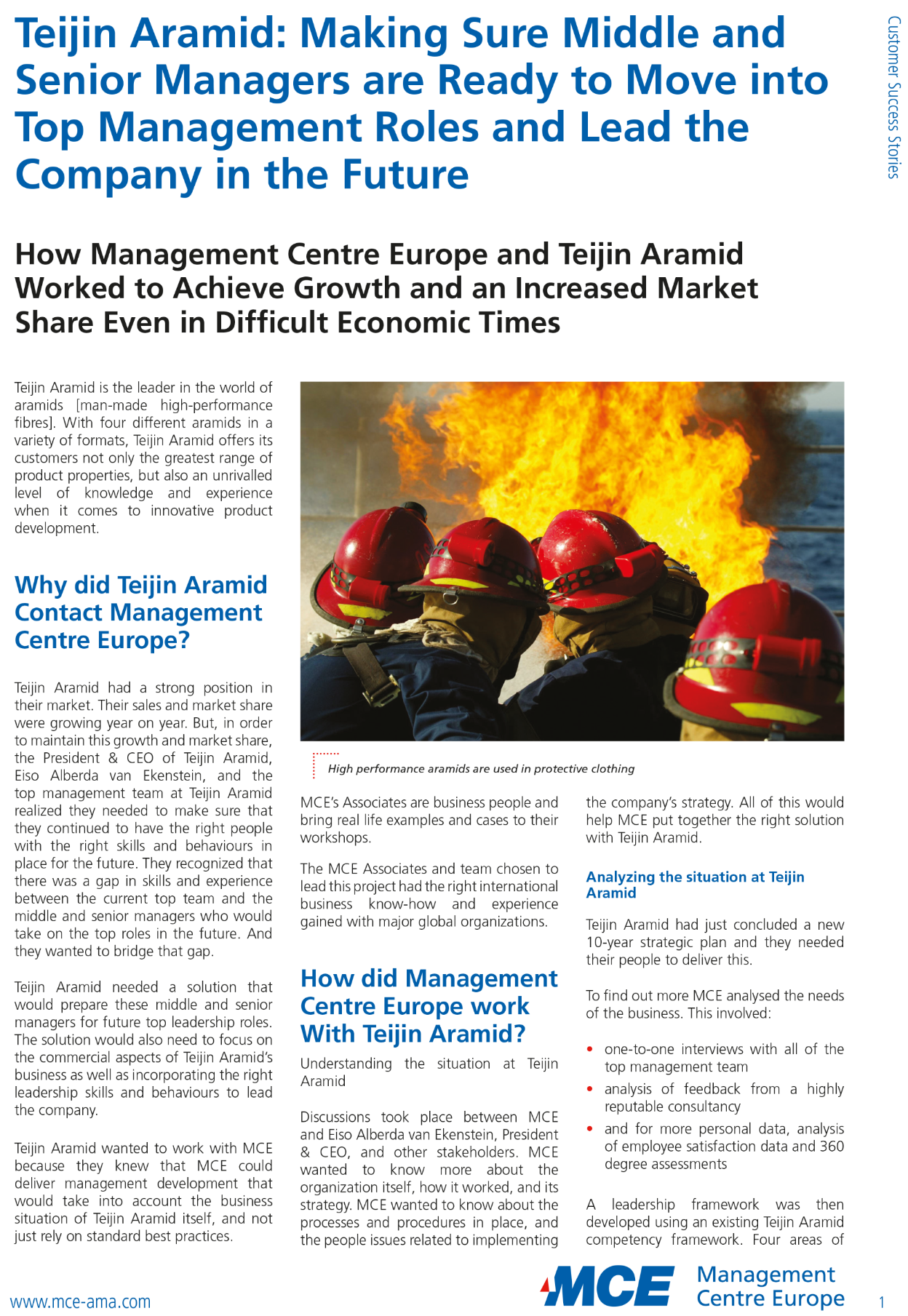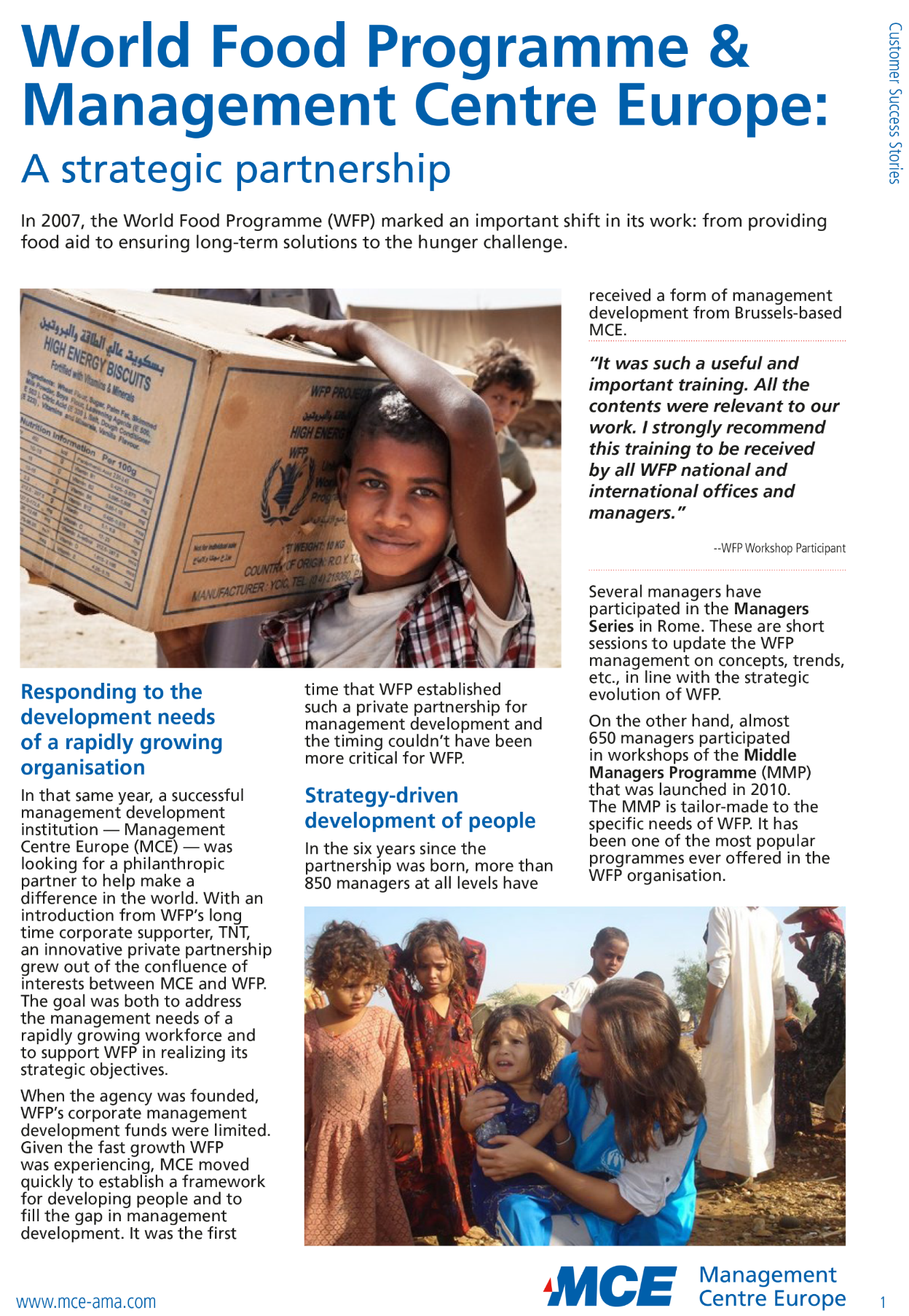Overview
Learn more
Get the key skills you need to generate new business solutions, energize your team and bring out the best in your direct reports.
From collaboration skills to collaborative leadership behaviors, this course gives you the roadmap to be an adaptive manager: someone who can create clarity, vision and build mutual trust with your team and other departments. It will show you how to establish a culture that operates as an open and united group, so that you can inspire optimal performance up, down and across the organization.
Highlights:
• Learn how to develop and use a repeatable process to drive rapid innovation in your organization
• Use role plays and exercises to develop an experimental mindset and embrace uncertainty
• Describe the Principles of Collaborative Leadership
• Promote a Climate for Effective Collaboration
• Engage Team Members in Collaborative Processes for Better Results
• Identify and Overcome the Derailers That Impede Effective Collaboration
• Guide Others to Resolve Conflicts in a Constructively Collaborative Way
Key Competences:
• Design and analytical thinking
• Driving change and innovation
• Adapting a flexible mind-set
• Creating practical solutions
• Mapping key stakeholders
• Presenting your ideas
The Right Programme for you
Managers who want to inspire greater involvement, creativity and knowledge sharing in their employees and explore new ways to innovate rapidly in their company today.
As a manager, you need to drive innovation and do it systematically
Learn, Practice and Use
- Understand how design thinking can improve organizational and personal performance
- Embrace uncertainty and develop an experimental mindset to act quickly
- Create a new process and attack problems from a completely new angle
- Convert ideas into customer value and market opportunities
- Release your group’s creative thinking and sharpen critical analysis skills
- Create more progressive and practical solutions for real-world problems
- Balance constraints and technical limitations with customer preferences
- Develop design thinking to foster collaboration across functions of the organization
- Learn how to use a repeatable process to drive rapid innovation each time
- Map stakeholders and the complex network of beneficiaries
- Customize your management style to encourage employees to find their own answers to business challenges
- Create a culture that fosters involvement from all employees and helps break down silos and isolationism
- Embrace social media to enhance discussions, obtain recommendations and information, network and establish relevance
- Discover the benefits and virtues of over-communication
- Improve accountability by allowing your employees to have ownership of the results of their efforts
- Employ a collaborative process that is effective with all communication styles
- Set up a framework for collaboration
- Share your knowledge and challenges with your peers and MCE's highly experienced faculty
Programme Modules
What will you learn and practice?
The programme will be led by an experienced facilitator with former management experience in international companies.
1- Design Thinking Overview
• Key design concepts
• Main phases and steps of design thinking
2 – 10 Steps of design thinking definition
• Learn about the 10 different steps for the right definition of design thinking
• Integrating design thinking into the fabric of your organization’s culture
• Adding design thinking tools and templates to help your work groups ideate solutions
• Developing a more collaborative and iterative style of work for groups/teams
• Understanding the drivers and inhibitors of innovation
3 – Innovation Inventory Instrument
• Learn about the Innovation inventory instrument
• Learning the importance of stakeholders and interpreters
• Leading collaborative problem-solving testing
• Learning to envision and design collaboratively with visual imaging
• Mapping stakeholders and the complex network of beneficiaries
• Understanding the social-psychological aspect of user experience
4 – Design Thinking Steps and Application
• Identify and frame the problem
• Conduct necessary research/gather information
• Map and analyze stakeholders
• Analyze boundaries and potential hazards
• Set success criteria and specifications
• Reframe as vision for future
• Generate ideas, select and design a concept
• Create prototype/Model
• Test for usability
• Reframe to implement of re-think
5 – The Ecosystem for Design Thinking
• Organizational Realities
• Exploring formal methods for usability testing to form customer behavior and emotional response
• Presenting your vision and inviting buy-in through compelling storytelling
• Fostering an organizational climate for innovation
6. Mastering the Principles of Collaboration
•The Principles of Effective Collaboration
•Determine How and When to Collaborate Based on Superordinate Goals
•Use Specific Tools to Promote a Collaborative Environment
7. Becoming a Collaborative Leader
•Determine Which Leadership Style to Use, Based on the Situation
•Assess and Describe Your Effectiveness as a Leader in a Collaborative Setting
•Determine How to Improve Your Network to Promote Collaboration
8. Building Disciplined Processes and Unified Teams
•Lead Others to Use Effective Collaborative Processes and to Build Strong Working Relationships and Unified Teams
•Identify Obstructions and Derailers That Block Collaboration
•Know the Steps for Gaining Buy-In for Collaboration
9. Enhancing Collaborative Communication
•Describe the Processes for Collaborative Communication
•Develop Active Listening Skills That Promote Better Work Relationships
•Handle Conflict in a Constructive, Collaborative Way
10. Action Plan
•Develop your action plan for applying design thinking in your day-to-day and develop your collaborative leadership skills
Testimonials
“ It is a perfect possibility to connect with people from different industries, who are dealing with the same issues.”
Agata Kulik, Product Manager Special Salts, Jungbunzlauer Ladenburg GmbH, Germany
“ Facilitator, content, tools, methods, room were very good and fitted to the participants and their needs.”
Andreas Armenat, Head of Production, GO Generics & Standard Solutions, Fresenius Kabi AG, Germany
“Very interesting topics, international and multicultural environment. Very professional coach.”
Alessandro Foresio, Vice President, Logic S.p.A., Italy
“The subjects covered were extremely relevant and gave input to my personal development.”
Rosa Karen Schmidt, Senior VP-Assistant, Novo Nordisk, Denmark
FAQ
ABOUT MCE’s OPEN ENROLMENT PROGRAMMES
What time does the programme start and finish?
MCE programmes start at 9:00 and finish at 17:00. Lunch is a 1-hour break and there are two coffee breaks too. On the last day, the programme finishes at 16:30 as we know a lot of people have to catch planes and trains.
What should I wear (dress code) when participating in an MCE Programme?
Most participants wear Business Casual clothes. A formal business suit is not necessary.
Are there MCE approved/recommended hotels?
Yes, each programme has recommended hotels that have the best rates. We include details of these hotels in your registration pack.
Are meals included? I don’t eat certain food. Can I order special meals?
Lunch is provided every day and we always organize a buffet so you have a good choice of foods to cater for different needs.
Are there evening activities?
Your evenings are free, although there some exceptions (e.g. On the MCE Leadership Development Programme there is an activity on day 3)
Is there a free Wi-Fi?
For programmes at MCE in Brussels, there is free Wi-Fi throughout the building. For other locations, the services can vary, but in most locations we have organized free Wi-Fi.
What level of English do I need to take part in an MCE Programme?
MCE’s participants come from over 90 different countries but all of our open enrolment programmes are run in English. You need to have a good working knowledge of English to be able to fully participate in the programme and network with other participants. If you have difficulty understanding these questions, the programme might be difficult for you too.
Will I get a certificate at the end of the programme?
Yes, a certificate of attendance is provided to you upon successful completion of the programme.
CONTENT OF MCE’S OPEN ENROLMENT PROGRAMMES
Are MCE programmes certified by an official body/organization?
10 of MCE’s top selling programmes are approved by Project Management Institute and you can find more information on these programmes here.
What is the MCE approach to learning and development?
All of MCE’s Open Enrolment programmes are based on MCE’s FEEL-THINK-DO and 70-20-10 principles to enable effective learning transfer.
Who designs MCE programmes?
Our Portfolio team together with the core MCE Senior Associates design all of our programmes based on the ROPES model.
Are MCE’s Programmes practical?
MCE’s programmes are all designed to allow to practice what you have learnt. So you will have lots of time to practice, practice and practice.
REGISTRATIONS, PAYMENTS AND FEES
Are VAT rates included in the price?
The price advertised in this page is VAT excluded and applicable to clients and companies legally based in the European Union.
All clients outside the European Union (EU), e.g. Middle East, Africa, Asia and America, are exempt from VAT rates. For them, the price advertised here is the final price to be paid.
- One exception: Training Programmes in France. All clients (inside or outside the European Union) following training programmes in France are liable to 20% VAT rates in all cases.
When are VAT rates applicable to me?
In the case of clients and companies legally based in the European Union, VAT rates will be added to the price in the following cases:
- If the client is a natural person (B2C) without a VAT number. 21% VAT applicable.
- If the training programmes runs in France: 20% VAT applicable.
- Also applicable to clients outside the European Union (EU)
- Except when
- The client is VAT-exempt
- If the client is legally registered in Belgium (independent from where in Europe the training programme is followed): 21% VAT applicable.
- Except when:
- The client attend the training programme in France: 20% VAT applicable instead.
- The client is VAT-exempt
- If the client does not provide a corporate VAT number or does not have any VAT number: 21% VAT applicable (Only applicable to clients in the EU).
- Except when:
I don’t have approval from my finance team yet, can I make a tentative registration?
Yes, simply contact us and we will hold a place for you.
Is hotel accommodation included in the programme fee?
No, participants are expected to arrange their own accommodation and travel. The Programme fee covers the programme attendance, materials, lunches & refreshments.
Does MCE give discounts or grants for individual registrations?
MCE works mostly with companies and organizations and we can provide corporate deals for group bookings or preferred supplier deals. If you would like to discuss a corporate deal, we will be happy to talk to you.
Can I pay with my corporate credit card?
Yes, you can. We accept VISA, Mastercard and Amex.
Does MCE have corporate deals/frameworks available?
Yes, we have. Please contact us for more information.
Can I cancel or change my booking free-of-charge?
At MCE, we understand that business people have commitments and changes do happen. So you can cancel or change your registration up to 21 days before the programme starts without any fees or charges. After that date, you will need to pay full fees, but you are allowed to transfer once to a new programme date.
The MCE Team is ready to answer any questions you have. Please contact us by phone, email, contact form or even website chat. We would be happy to talk to you!

